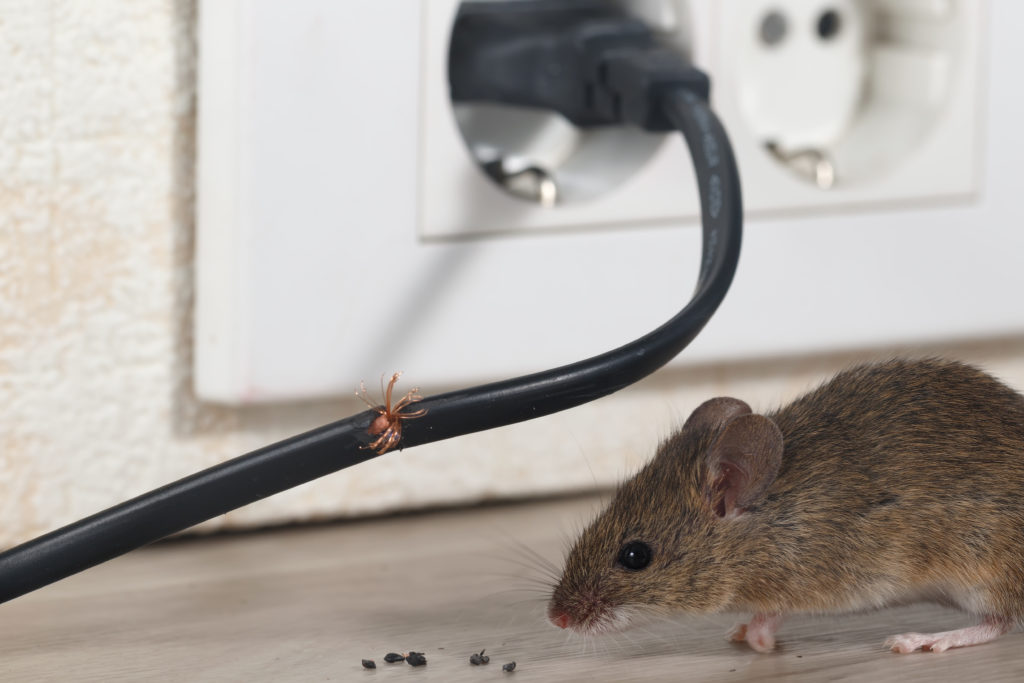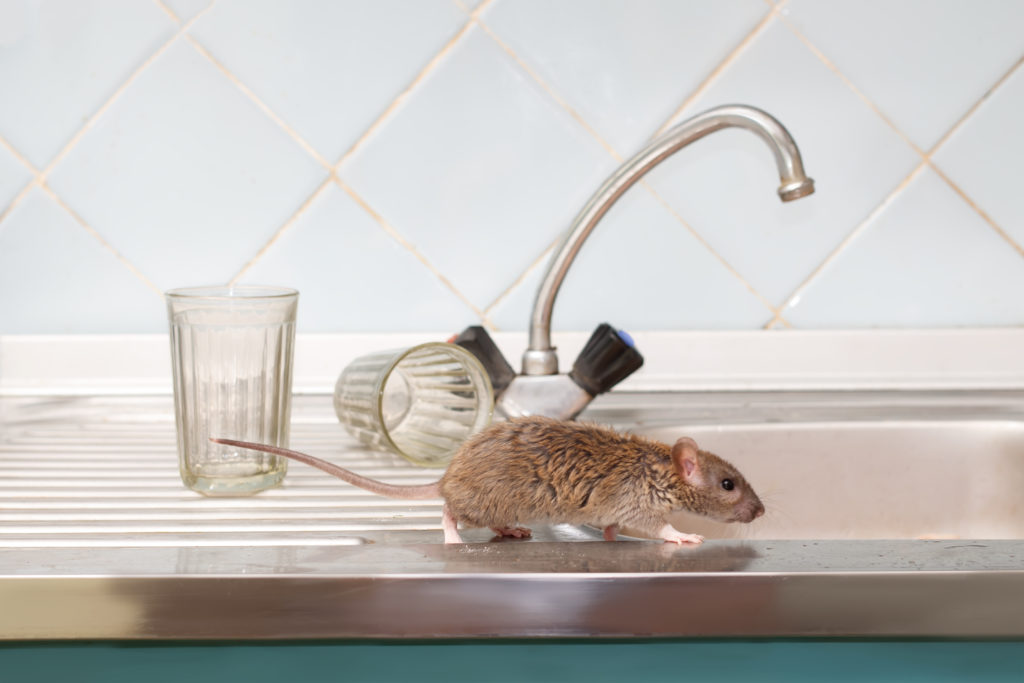How to get rid of rodents. Unless you bought them as a family pet, chances are you don’t want rats or mice inside your home. Rodent infestations can cause extensive damage to your property, while posing a serious health risk by spreading disease and contaminating food.
With female mice reproducing at just two months old—giving birth to a 2-12 mouse litter every six to eight weeks—even the smallest infestation can rapidly turn into a serious issue.
To rid your home of rodents, you can determine whether to pursue a quick DIY method—or call in a professional for an effective, long term solution. If you choose the former, here are a few quick tips from our expert team.
Rodent bait stations and poison
A rodent bait station is a small box with highly toxic bait inside. Any rodents that consume the box will die, and many rodents tend to transfer the bait back to their nest where it will be shared with others. Bait stations are often highly effective, hence their use by professional pest control specialists across Perth.
Advantages of rodent bait stations
Bait boxes are small, with tight entrances, allowing only small pests to enter. Not only does this protect pets and larger animals from entering, but it also makes the rats, mice, and other rodents feel safe—increasing the chances they will consume the poison.
Bait stations also offer a viable alternative to pesticides or other toxic treatments (which may leave residues behind that can be dangerous to pets and humans), making them safer for small children and pets.
Disadvantages of rodent bait stations
The main disadvantage of bait stations is that you can’t guarantee the rodent will find and use them. Rodents can be particular with their tastes, and if they already have a reliable and trusted food source, they may not risk venturing into the station.
Rodent Traps
If bait stations aren’t a viable option, another solution is to set rodent traps, which come in three forms:
● Snap Traps: your typical mousetrap, with a bar that snaps down and catches the mouse. While simple, it can be effective for a mild mouse problem.
● Sticky Traps: these adhesive pads contain glue, causing the rodent’s foot to stick once they step on them. The downside of sticky traps is that you’re responsible for disposing of anything you catch—and these aren’t usually strong enough to trap large rodents (like rats or possums).
● Electric Traps: after luring mice into an enclosed chamber, these traps electrocute the mouse. While fatal for small rodents, they offer an alternative to poisons.
Disadvantages of rodent traps
Rodent traps may work on individual mice or rats, but they’re rarely a viable solution for larger infestations. Rodents are cautious of anything new placed in their environment, so while a trap may be effective for a mouse that’s just appeared in your kitchen, using traps to catch rodent colonies in your roof, walls, or within the foundations is far less effective.
How to successfully get rid of rodents
Depending on the severity of your rodent infestation, bait boxes and traps can usually form the basis of an effective solution. However, we recommend a pest control expert assists in understanding the most effective type of station or trap to use—and its placement—for optimal results. Pest control experts can also provide reassurance the boxes and bait are safely contained to prevent accidental contact with non-target animals and people.
Our rodent control technicians here at TMO Pest and Weed Management are experts in dealing with pest control Perth mice and rats. Contact us today for a free quote and a fast, effective solution to all your rodent control needs.



